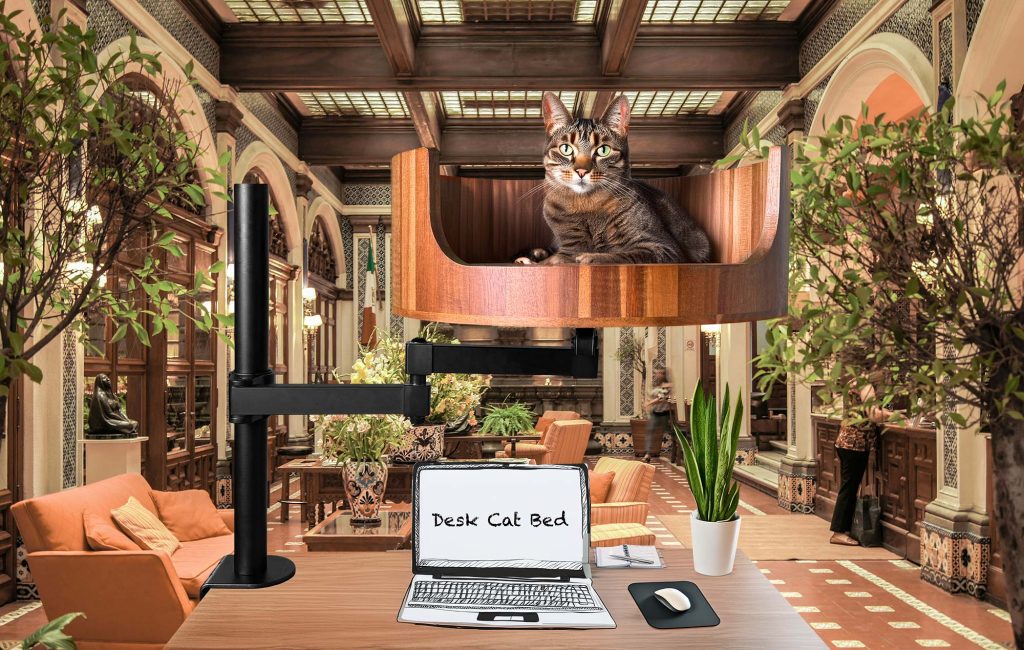Have you ever caught your furry feline friend chewing on a piece of plastic? You’re not alone. Cats have a strange tendency to gravitate towards chewing on plastic objects, be it shopping bags, plastic wrap, or even cables. This behavior can be quite puzzling for cat owners, but there are explanations behind this curious habit.
In this article, we delve into the reasons why cats chew on plastic, shedding light on this behavior that is commonly observed in our feline companions. From exploring potential reasons behind this behavior to understanding the risks associated with it, we aim to provide insight into the underlying causes of why cats exhibit this peculiar behavior. By gaining a better understanding of why cats chew on plastic, we can take steps to prevent potential hazards and ensure the well-being of our beloved pets. So, let’s unravel the mystery behind why cats are irresistibly drawn to chewing on plastic materials.
1. Cats may chew on plastic due to stress, anxiety, or boredom.
2. Some cats might be attracted to the texture or scent of plastic.
3. Chewing on plastic can be dangerous for cats as it can lead to health issues like intestinal blockages.
4. Providing cats with appropriate chew toys and enrichment activities can help redirect their chewing behavior.
5. It’s important for cat owners to monitor their pets’ chewing habits and consult a veterinarian if necessary.
Reasons for Cats Chewing on Plastic
Cats may chew on plastic for various reasons. One common explanation is that some cats find the texture of plastic appealing to chew on. The soft and pliable nature of plastic may feel satisfying to a cat’s teeth and gums. Additionally, some cats may be attracted to the crinkly sound that plastic makes when chewed upon. Furthermore, some cats may chew on plastic as a form of stress relief or to fulfill a behavioral need, such as anxiety or boredom.
Risks of Cats Chewing on Plastic
While some cats may find chewing on plastic soothing or satisfying, this behavior can pose risks to their health. Ingesting plastic can lead to serious health complications for cats, such as intestinal blockages or choking hazards. Sharp edges on plastic objects can also cause cuts or injuries to a cat’s mouth, tongue, or digestive tract. Cats that repeatedly chew on plastic may also develop a habit that is difficult to break, leading to ongoing concerns for their well-being.
Preventing Cats from Chewing on Plastic
To prevent cats from chewing on plastic, pet owners can take several proactive measures. First, it is crucial to eliminate access to plastic objects that cats may chew on, such as grocery bags, plastic packaging, or cords with plastic coatings. Providing alternative chewing outlets, such as cat-safe toys or treats, can help redirect a cat’s chewing behavior in a more beneficial manner. Additionally, ensuring that a cat’s environment is enriched with mental and physical stimulation can reduce the likelihood of boredom-induced chewing on plastic. Regularly monitoring a cat’s behavior and providing positive reinforcement for desired behaviors can also aid in discouraging plastic chewing habits.
Desk Cat Nest FAQ
Why do cats chew on plastic?
Cats may chew on plastic for various reasons, including teething, curiosity, stress, or simply because they enjoy the texture. Some cats also chew on plastic as a way to seek attention or alleviate boredom.
Will the Desk Cat Nest help prevent my cat from chewing on plastic?
While the Desk Cat Nest can provide a safe and comfortable alternative for your cat to chew on, it may not completely eliminate the behavior. It is important to address the root cause of why your cat is chewing on plastic and provide appropriate toys and enrichment to redirect their behavior.
Is the Desk Cat Nest safe for my cat to chew on?
Yes, the Desk Cat Nest is made of non-toxic and durable materials that are safe for cats to chew on. However, it is always recommended to supervise your cat while they are using the nest to ensure they are not ingesting any small pieces.
How can I encourage my cat to use the Desk Cat Nest instead of plastic?
You can encourage your cat to use the Desk Cat Nest by placing it in a location where they often chew on plastic, sprinkling catnip on or around the nest, and rewarding them with treats or praise when they use it. It may also help to engage your cat in interactive play sessions with the nest to make it more appealing.
In conclusion, providing your cat with a Desk Cat Bed can help address the behavior of chewing on plastic. By offering a comfortable and safe alternative for your feline friend to lounge and play, you can redirect their attention away from harmful plastic objects. The Desk Cat Bed not only provides a cozy space for your cat to relax, but also promotes their well-being and reduces the risk of ingesting harmful materials. Investing in a Desk Cat Bed is a valuable choice that will benefit both you and your beloved pet.


